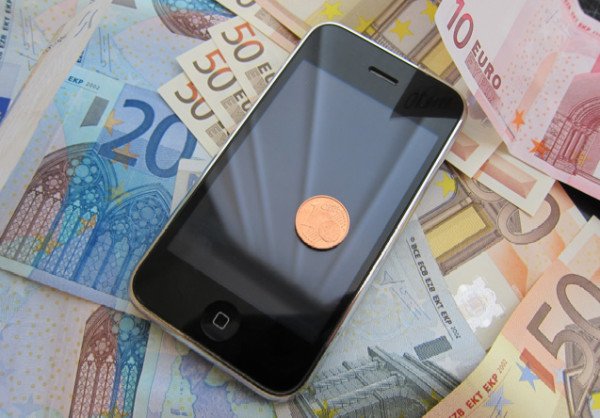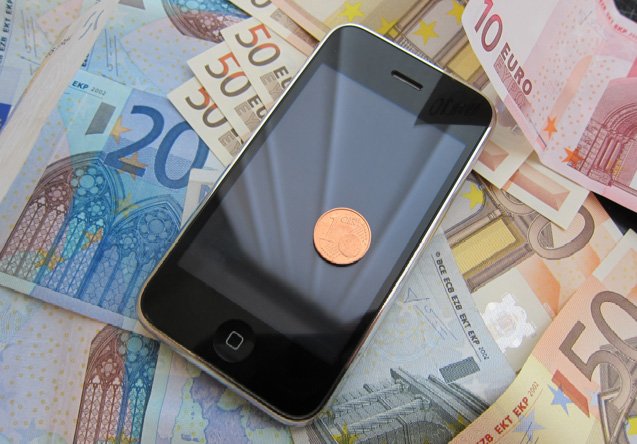The European Union reached an agreement on June 30 that will end data roaming charges for people travelling within its 28 member countries as of June 2017.
The ban will be preceded by a 14-month interim period, in which companies can still add surcharges – but at a reduced rate.
A deal, reached on June 30, also sets out rules requiring telecom operators to treat most internet traffic equally.
However, the net neutrality rules will allow blocking for some reasons, such as to counter cyber-attacks.
From April 2016, telecoms operators will be able to add a surcharge of no more than:
- €0.05 extra per minute for calls
- €0.02 extra per SMS sent
- €0.05 extra per megabyte of data used
The cap would make roaming within the EU 75% cheaper during the interim period, the European Commission said.
The agreement is the culmination of years of campaigning to cut roaming charges and to define the EU nations’ approach to regulating internet traffic – particularly in light of the US adoption of net-neutrality rules.
It largely follows proposals put forward in March 2015, which analysts said were a weaker version of what European regulators had originally promised.
It will enshrine the principle of net neutrality, which stops internet service providers (ISPs) favoring some internet traffic, in European law for the first time.
However, as mooted in March, there will be exceptions to those rules.
ISPs will be able to favor services that require high-quality internet connections, such as internet TVs, as long as they do not impinge on the overall quality of internet traffic.
The commission said they would also be able to throttle traffic if it was in the public interest to do so.
The agreement will be presented to the EU’s member states between July and December 2015 for formal adoption.
The Alliance of Liberals and Democrats for Europe (ALDE) – the fourth largest grouping of lawmakers in the European Parliament – has previously criticized regulators for trying to water down plans to end data roaming.
But it welcomed today’s announcement.
The president of the ALDE group, Guy Verhofstadt, said the “great roaming rip-off” was to be brought to an end.
The ALDE group blamed the delay in successfully negotiating the deal on member states, which have been accused of seeking to protect their national operators in the past.
https://www.youtube.com/watch?v=pYryU_0Kcps
